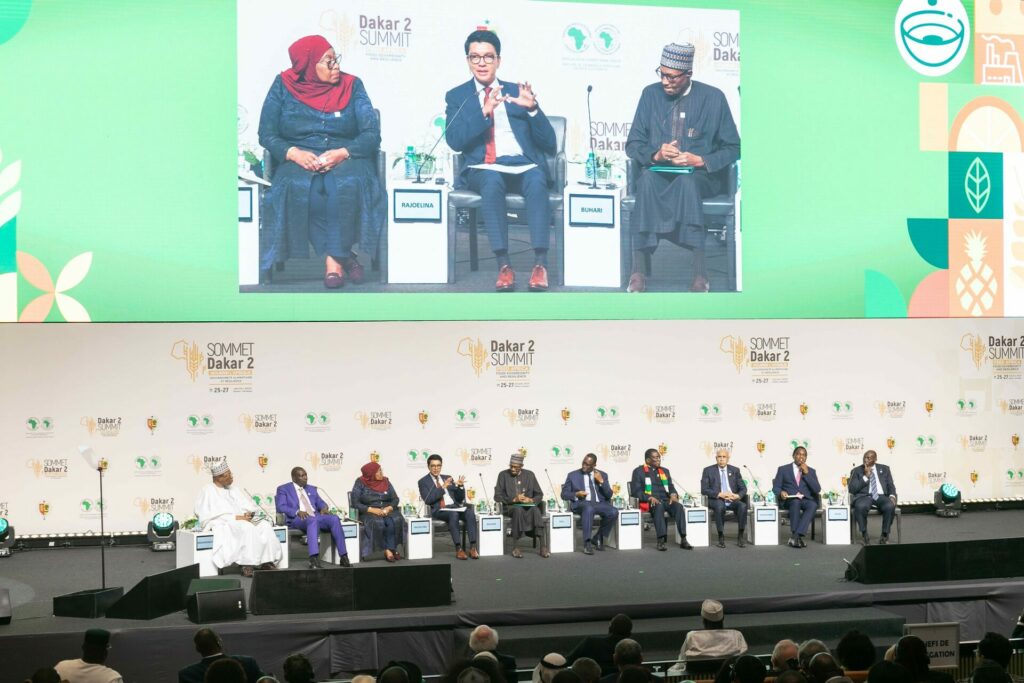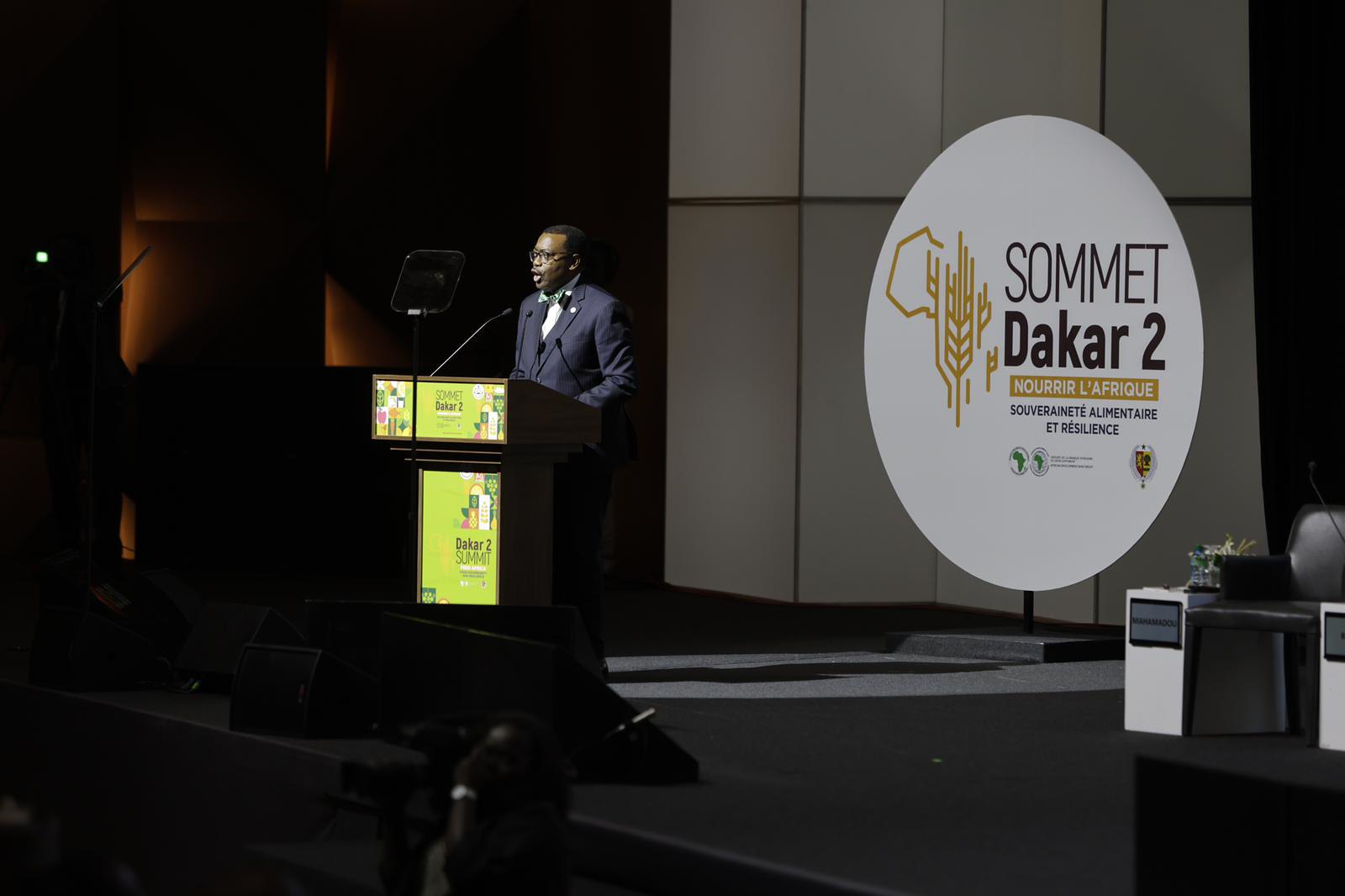African heads of state and government have gathered this week with development partners in Dakar, the capital of Senegal, to map plans to unlock Africa’s food-producing potential and even to position the continent to become a breadbasket to the world.
The three-day high-level summit (25 – 27 January) is hosted by President Macky Sall of Senegal, who is also the Chairperson of the African Union, with the African Development Bank Group as co-host. A large number of African heads of state of government are taking active part in the conference. The European Commission is represented on the spot by its head of delegation in Dakar.
From the EU, the president of Ireland, Michael Higgins, also attended the conference. The leaders will convene meetings to develop Food and Agriculture Delivery Compacts of their respective countries to reshape the agriculture transformation agenda, solicit buy-in from development partners and the private sector, and commit to political action on implementation.
“We have here 70 Ministers – an incredible turnout of commitment to execute decisions from this Summit – a new departure for Africa,” said African Development Bank Group President Dr. Akinwumi A. Adesina when he opened the summit. “There is no doubt that you, our leaders, are ready to change the course of history for Africa in two words: Feed Africa.”
“It is time for Africa’s food sovereignty and resilience,” he underlined. “While gains have been made in recent times, with agricultural growth in several countries, the continent remains over-dependent on food imports. Today over 283 million Africans go to bed hungry every day. Africa currently imports over 100 million metric tons of food, valued at $75 billion annually.”
“Africa can and must feed itself. With 65% of the uncultivated arable land left in the world being in Africa, what Africa does with agriculture will determine the future of food in the world. Agriculture must become Africa’s new wealth.” He predicts that the size of the food and agriculture market in Africa will rise to $1 trillion by 2030.
But there is not time to lose. “We have no choice, as time is not on our side. The population of Africa will rise to 2 billion by 2050, and they must be fed. We must take decisive actions now to secure their food supplies. Achieving this will require more productive, efficient, competitive, dynamic, and environmentally sustainable food systems.”
The summit will benefit from partnership with the Food and Agriculture Resilience Mission (FARM) of the EU and France under the EU-Presidency of President Emmanuel Macron, the G7 Initiative on Food Security, and the Global Crisis Response Group on Food, Energy and Finance led by the UN Secretary General Antonio Guterres.
Efforts will be aligned around helping Africa to concretely produce its food and unleash its full agricultural potential, driven by collective action and political will of African leaders. In that regard they can count on EU’s support.
The summit is Africa’s response to rising food prices and disruption in global food supply due to Covid-19, climate change and conflicts such as the war in Ukraine.

34 heads of state are participating at the Summit for 3 days of meetings and political action planning. Credit: AfDB
The agenda of the summit whose theme is, Feed Africa: Food Sovereignty and Resilience, is the improvement of Africa’s food nutrition and security; leveraging the continent’s huge agricultural resources; boosting international trade, expanding market share, and production and processing value addition.
Asked by The Brussels Times about what EU can contribute to food security in Africa, spokespersons of the European Commission replied that food security is a top priority for the Commission and its African partners. They referred to both short-term measures to assure that food supply can reach Africa despite the war in Ukraine and long-term measures to help Africa to step up its efforts to build its own capacity to produce food.
One of the main topics discussed at the sixth European Union - African Union (EU-AU) summit in Brussels in February 2022 was agriculture and sustainable development. Following up the summit, ‘Team Europe Initiatives’ support African countries to build and reinforce resilience and sustainable food systems by amongst others:
The Commission’s chief spokesperson Eric Mamer referred to the ‘Global Gateway’, EU's contribution to narrowing the global investment gap and the College’s visit in Africa, specifically in Senegal. The ambition by 2030 is enhanced resilience and sustainability of African food systems, in support of Africa’s agriculture, fisheries and food development agenda.
The EU-Africa: Global Gateway Investment Package foresees that the total EU response covering virtually all African countries will amount to around €4.5 billion until 2024. One of the projects in focus is an initiative for Green Economy in Senegal with estimated value well over €1 billion.
The Brussels Times

